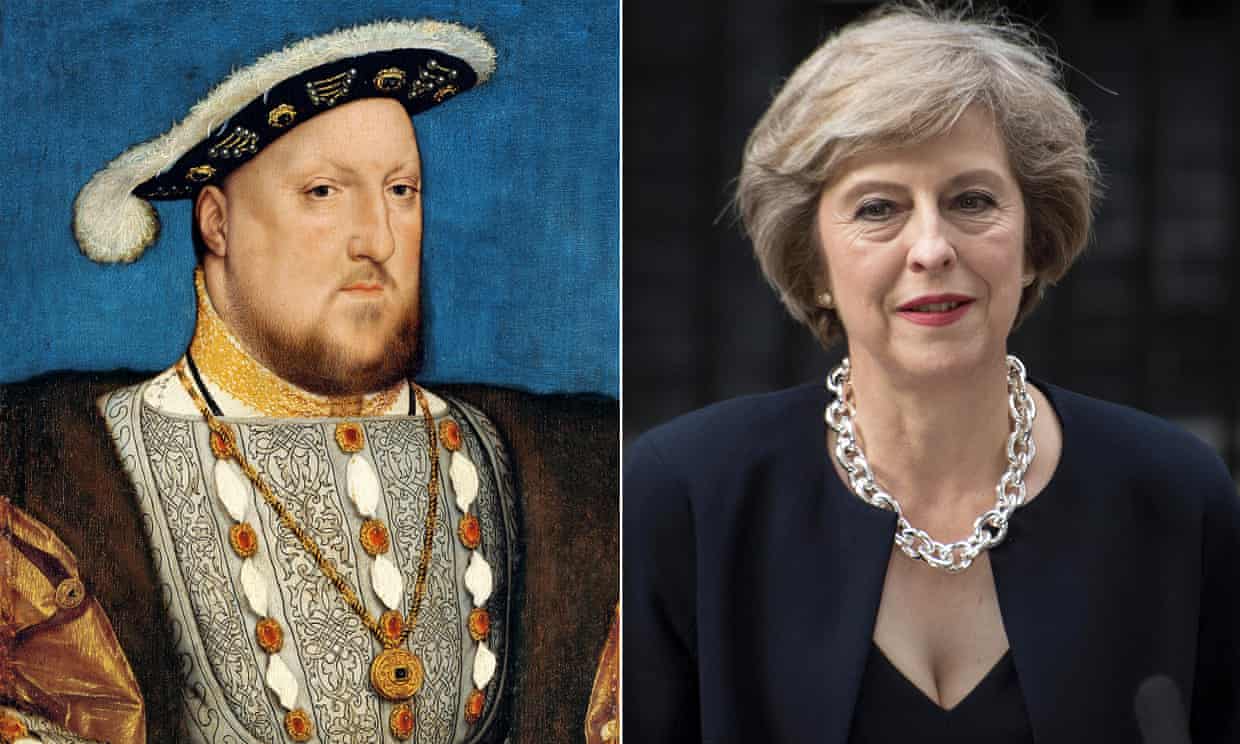2016 may have been an utterly horrendous year for many of us... but somehow, despite passing (/staggering through) my NQT year, starting a new job, finding a TV series I actually liked to watch, and generally despairing at the state of the world, I found time to read again!
This year, I set a Goodreads target of 15 books... which I smashed through in October. So I optimistically added another five... and in late December I went through that too!
This year, I set a Goodreads target of 15 books... which I smashed through in October. So I optimistically added another five... and in late December I went through that too!
So, for the first time since 2014, here is my year in books.
Fiction/Non-fiction ratio- 8:14 (I've taken the decision that counter-factual history is fiction- feel free to disagree!)
Longest Book- Broken Vows, 653 pp
Shortest Book- 43*: When Gore Beat Bush, 99 pp
Quickest Read- 43*: When Gore Beat Bush; Conclave, two days
Longest Read- In the Land of Giants, March 16th - July 19th; White Riot: The Violent Story of Combat 18, August 23rd - December 17th
Most Read Authors- Frederick Forsyth: The Odessa File and The Fourth Protocol; Jeff Greenfield: If Kennedy Lived and 43*: When Gore Beat Bush; Barack Obama, The Audacity of Hope and Dreams from my Father
Ebooks- The Communist Manifesto, A Study in Scarlet, 43*: When Gore Beat Bush, White Riot: The Violent Story of Combat 18
Audio books- Dreams from my Father
Useless Fact- 2016 was the first time since 2013 I'd read any medieval primary text... need to up my medievalist game, clearly!
The List
Promised You a Miracle: UK, 80-82, Andy Beckett
The Final Days, Bob Woodward and Carl Bernstein
The Cold War, John Lewis Gaddis
The Odessa File, Frederick Forsyth
If Kennedy Lived, Jeff Greenfield
The Audacity of Hope, Barack Obama
The Communist Manifesto, Karl Marx and Friedrich Engels
In the Land of Giants: Journeys in Dark Ages Britain, Max Adams
The Secret History, Procopius
The Wars Against Saddam: Taking the hard road to Baghdad, John Simpson
Stupid White Men, Michael Moore
A Knight of the Seven Kingdoms, George RR Martin
43*: When Gore Beat Bush, Jeff Greenfield
A Study in Scarlet, Arthur Conan Doyle
Dissolution, C.J. Sansom
The Fourth Protocol, Fredrick Forsyth
Them: Adventures with Extremists, Jon Ronson
In the Footsteps of Alexander the Great, Michael Wood
Broken Vows: Tony Blair, The Tragedy of Power, Tom Bower
Dreams from my Father, Barack Obama
Dreams from my Father, Barack Obama
White Riot: The Violent Story of Combat 18, Nick Lowles
Conclave, Robert Harris
Conclave, Robert Harris
